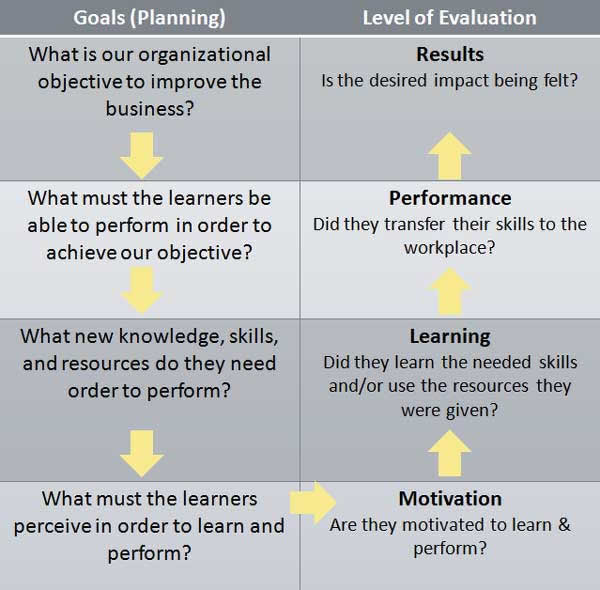Do you like QR codes? I do.
I find it fascinating that my cell phone can scan a code and take me
places in seconds. Now that I am supporting Blackboard Learn, I find that they
are really cool embedded in a content area.
I can embed a link to my phone number that makes my phone dial my number
in less time than I would take to scroll my iPhone screen to the number pad,
much less dial the number. I can set a code to my Linkedin profile in case you
want to know more about me. I could as easily take a student to a department or
faculty profile to get more information.
The tools you need are a free online QR Code generator and a QR code
reader on your smart phone.
In Blackboard, you create the content area, switch to html code and paste the embed code from the generator web site. Switch back to wysiwyg mode in the editor and test, then submit. I found that BbL will let you resize the QR Code image as well as add notations and allow you to put multiple Codes in one content area. To do this, you have to be a bit comfortable with HTML code but not much! Let us know if you’d like to try this as we’d be more than happy to help you!
In Blackboard, you create the content area, switch to html code and paste the embed code from the generator web site. Switch back to wysiwyg mode in the editor and test, then submit. I found that BbL will let you resize the QR Code image as well as add notations and allow you to put multiple Codes in one content area. To do this, you have to be a bit comfortable with HTML code but not much! Let us know if you’d like to try this as we’d be more than happy to help you!
Here is my QR code to my Linkedin Profile.


